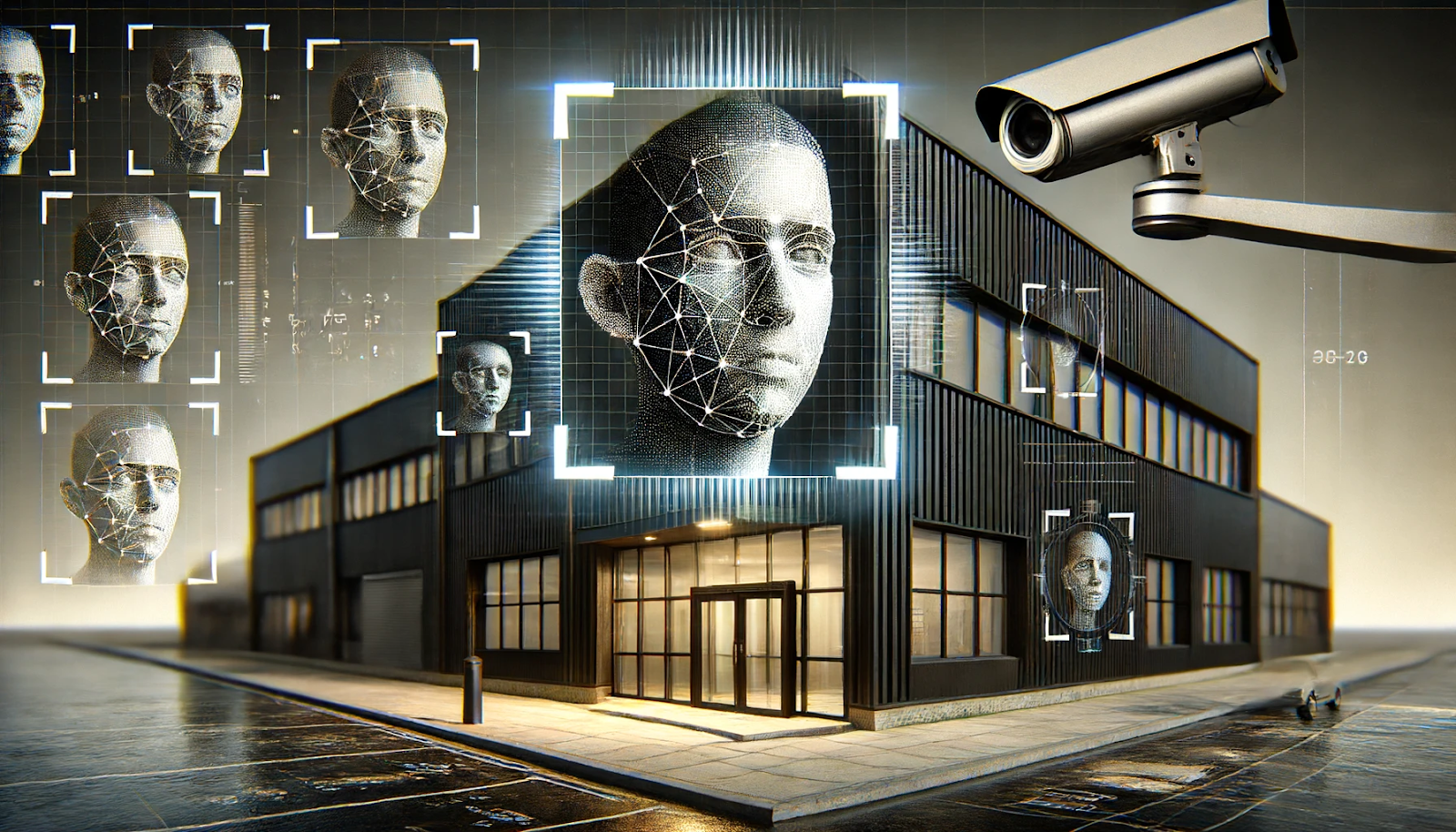Facial recognition technology has rapidly evolved, becoming an essential tool in modern security services. For property managers, chief security officers, and security company hiring managers, understanding its applications and implications is crucial. This blog explores how facial recognition enhances security measures, its benefits, potential concerns, and future prospects.
Enhancing Security Measures
Increased Accuracy and Efficiency
Facial recognition technology significantly improves accuracy and efficiency in security operations. Unlike traditional surveillance methods, it can instantly identify individuals from a vast database, reducing the need for manual checks.
Real-time Threat Detection
One of the standout features is real-time threat detection. Security systems equipped with facial recognition can alert personnel about suspicious activities or unauthorized access, enabling prompt action.
Automated Access Control
Facial recognition automates access control systems, ensuring that only authorized personnel enter restricted areas. This reduces the risk of human error and enhances overall security.
Crime Prevention and Investigation
By integrating facial recognition with existing surveillance systems, property managers can enhance crime prevention and investigation efforts. The ability to match faces against criminal databases aids in swiftly identifying and apprehending suspects.
Benefits of Facial Recognition Technology
Enhanced Security
Facial recognition technology provides an additional layer of security, making it harder for unauthorized individuals to bypass systems. This is particularly beneficial for high-security areas such as airports, government buildings, and corporate offices.
Cost-Effective Solution
While the initial investment might be high, facial recognition technology proves to be cost-effective in the long run. It reduces the need for extensive manpower and minimizes the risk of security breaches.
Seamless Integration
Modern facial recognition systems seamlessly integrate with existing security infrastructure. This means property managers and security officers can upgrade their systems without significant overhauls.
Non-Intrusive Monitoring
Unlike other security measures, facial recognition is non-intrusive. It allows for continuous monitoring without disrupting the daily activities of employees and visitors.
Potential Concerns
Privacy Issues
Privacy concerns are among the most significant challenges facing facial recognition technology. The collection and storage of biometric data raise questions about data security and misuse.
Accuracy and Bias
While facial recognition technology has advanced, it is not infallible. Issues such as false positives, false negatives, and biases against certain demographic groups can undermine its reliability.
Legal and Ethical Considerations
The legal landscape surrounding facial recognition is complex and continually evolving. Property managers and security officers must stay informed about regulations and ensure compliance to avoid legal repercussions.
Future Prospects
Technological Advancements
Ongoing advancements in AI and machine learning promise to enhance the accuracy and reliability of facial recognition technology. Improved algorithms will mitigate current issues such as bias and error rates.
Wider Adoption
As technology becomes more sophisticated and accessible, its adoption across various sectors will likely increase. Schools, hospitals, and retail environments are potential areas for future expansion.
Regulatory Framework
The establishment of a clear regulatory framework will address privacy and ethical concerns, fostering greater public trust and wider acceptance of facial recognition technology.
FAQs
What is facial recognition technology?
Facial recognition technology identifies individuals by analyzing facial features from images or video footage.
How does it enhance security?
It enhances security by providing accurate identification, real-time threat detection, automated access control, and aiding in crime prevention and investigation.
Are there any privacy concerns?
Yes, privacy concerns are significant, particularly regarding data collection, storage, and potential misuse.
Is facial recognition technology reliable?
While advanced, it is not infallible. Issues such as accuracy, bias, and false positives/negatives can occur.
What is the future of facial recognition technology?
Future prospects include technological advancements, wider adoption across sectors, and the establishment of a robust regulatory framework.
.png)
.png)
.png)

.png)
.png)

.png)
.png)
.png)
.png)
